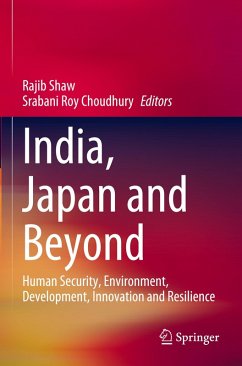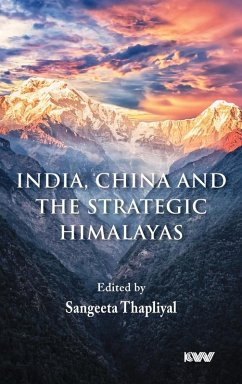
Social Transformations in India, Myanmar, and Thailand: Volume I
Social, Political and Ecological Perspectives
Herausgegeben: Yamahata, Chosein; Seekins, Donald M.; Takeda, Makiko

PAYBACK Punkte
53 °P sammeln!
"This book focuses on the different challenges and opportunities for social transformation in India, Myanmar and Thailand, by centering communities and individuals as the main drivers of change. In doing so, it includes discussions on a wide array of issues including women's empowerment and political participation, ethno-religious tensions, plurilingualism, education reform, community-based healthcare, climate change, disaster management, ecological systems, and vulnerability reduction.Two core foundations are introduced for ensuring broader transformations. The first is the academic diplomacy...
"This book focuses on the different challenges and opportunities for social transformation in India, Myanmar and Thailand, by centering communities and individuals as the main drivers of change. In doing so, it includes discussions on a wide array of issues including women's empowerment and political participation, ethno-religious tensions, plurilingualism, education reform, community-based healthcare, climate change, disaster management, ecological systems, and vulnerability reduction.
Two core foundations are introduced for ensuring broader transformations. The first is the academic diplomacy project - a framework for an engaged academic enquiry focusing on causative, curative, transformative, and promotive factors. The second is a community driven collective struggle that serves as a grassroots possibility to facilitate positive social transformation by using locally available resources and enabling the participation of the resident population.
As a whole, the book conveys the importance of a diversification of engagement at the grassroots level to strengthen the capacity of individuals as decisive stakeholders, where the process of social transformation makes communities more interconnected, interdependent, multicultural and vital in building an inclusive society."
Two core foundations are introduced for ensuring broader transformations. The first is the academic diplomacy project - a framework for an engaged academic enquiry focusing on causative, curative, transformative, and promotive factors. The second is a community driven collective struggle that serves as a grassroots possibility to facilitate positive social transformation by using locally available resources and enabling the participation of the resident population.
As a whole, the book conveys the importance of a diversification of engagement at the grassroots level to strengthen the capacity of individuals as decisive stakeholders, where the process of social transformation makes communities more interconnected, interdependent, multicultural and vital in building an inclusive society."





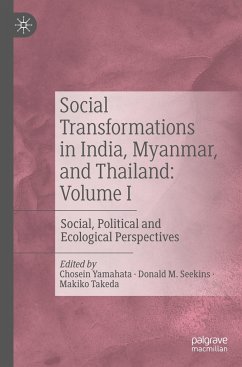
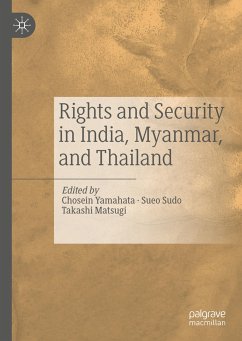
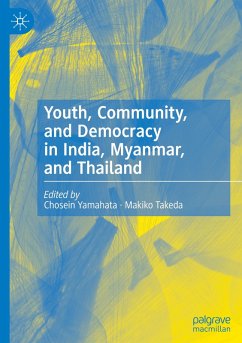
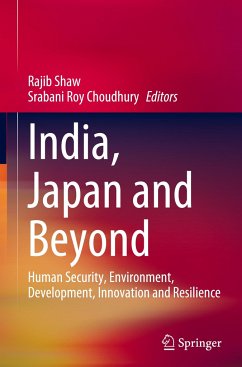
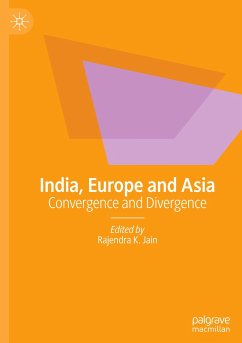

![[Pamphlets Issued by the India Office and by Other British and Indian Governmental Agencies, Relating to the Government of India, and to Various Political, Economic, and Social Questions Concerning it and Burma] Cover [Pamphlets Issued by the India Office and by Other British and Indian Governmental Agencies, Relating to the Government of India, and to Various Political, Economic, and Social Questions Concerning it and Burma]](https://bilder.buecher.de/produkte/75/75236/75236192n.jpg)

